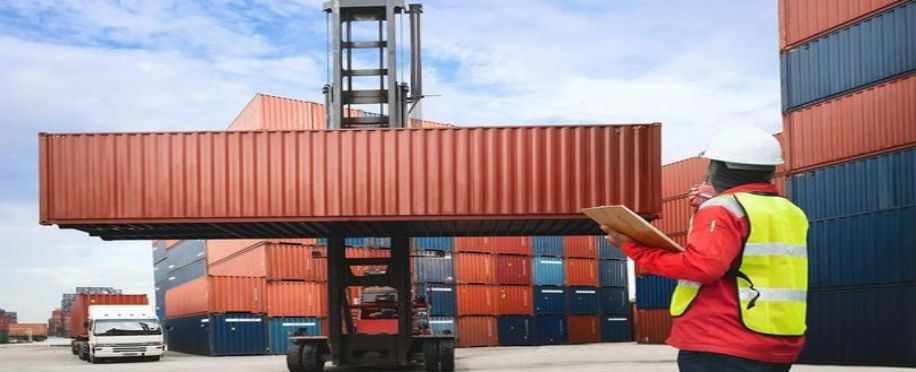Copyright © 2026 lmitac.com All Rights Reserved. Contact - Terms and Conditions - Privacy Policy - Quality Policy - Become an instructor - Vacancies - Sitemap
London Maritime Academy is a trade name for London Premier Groupversion: 2.9.0
London Maritime Academy is a trade name for London Premier Group

Posted on : 7/25/2023, 11:15:53 PM
Last Update : 7/25/2023, 11:15:53 PM
Maritime cargo handling operations are essential to marine transport services, especially with their role in shipping safety.
More than that, maritime cargo handling is the final part of marine transportation services, as this is where cargoes are delivered to ports, when arriving, from vessels as the last step of the shipping process.
Today, we will share a complete guide about maritime cargo handling and its attached details, including operations managers, types, and top effective practices to succeed.
Maritime cargo handling, or marine cargo handling, is the process of lifting and delivering cargo from ships to ports and terminals and the other way around.
Moreover, maritime cargo handling is the final step of product shipping systems, where ships reach the port and handle the cargo.
One more thing, technology is transforming maritime logistics, making marine cargo handling services more efficient, cost-effective, and safer for employees, handlers, owners, and cargoes.
Any professional who attended maritime logistics training courses can handle the required technical cargo operations effectively.
However, that responsibility is usually part of the ship's chief officer's position personnel responsibility, as he/she must supervise operations, stowage activities, and shipping solutions to ensure that everything operates according to the global marine international services.
The Chief officer must follow everything, including bulk materials, advanced machines, or trim companies level.
Many reasons say why seafarers should not handle the container shipping industry in ports and ships, and now we are going to share cited ones with you:
Seafarers need to be trained to work with cargo handling equipment and principles.
Handling cargo includes a lot of safety procedures to ensure services, operations, and cargo safety.
Maritime cargo handling includes dangerous container activities that need a stowage strategy to succeed.
And simply providing cargo handling procedures is separate from their job description.
If you are looking for the most efficient way to design the best maritime cargo handling services, then we advise you to follow these performance tips:

There are many different needed equipment to run maritime cargo arrives operations; however, using protection equipment is something that you should pay attention to guarantee workers' and handled cargoes safety.
This can be done by using workers' operational safety outfits and shipping insurance and ensuring that all equipment examination and inspection statuses are positive and in total health.
The maritime cargo handling category includes a lot of procedures and vigorous container activities. Thus, you need to run the naval cargo handling services with a team that knows what to do, whether talking about machine operators or land workers.
Thus, invest in your team's growth and throughput with the latest learning techniques and concepts.
Ships captains or leaders should consider sea weather when shipping, and that consideration should also apply to maritime cargo handling to ensure workers' and cargoes' safety while handling various cargo operations.
Weather conditions could also delay the handling service affecting all the shipping and distribution operations.
Whether moving large or small containers, you need to buy insurance to protect your cargo from any accident impact while handling it in the port or terminal.
On the other hand, provide safe insurance for your workers, infrastructure, and equipment to protect your assets in the market from any loss.
Safety management procedures are the secret of successful maritime cargo handling services.
These operation procedures will help you work effectively without accidents or lost products or equipment, leading to an efficient maritime cargo handling process, low standard maintenance requirements, and total revenue income.
When working in maritime cargo handling, you must ensure that everything is visible and clear whether the cargo on the vessel, the cranes yard, or the goods loading/unloading yard in port.
And that visibility must be 100% for machine operators and land workers to reduce accident possibilities, especially in heavy freight.
Maritime cargo handling is a primary player in your shipping process outcomes and revenue.
Thus, work in the maritime industry and cargo handling with the latest equipment, top securing procedures, and a well-trained team.